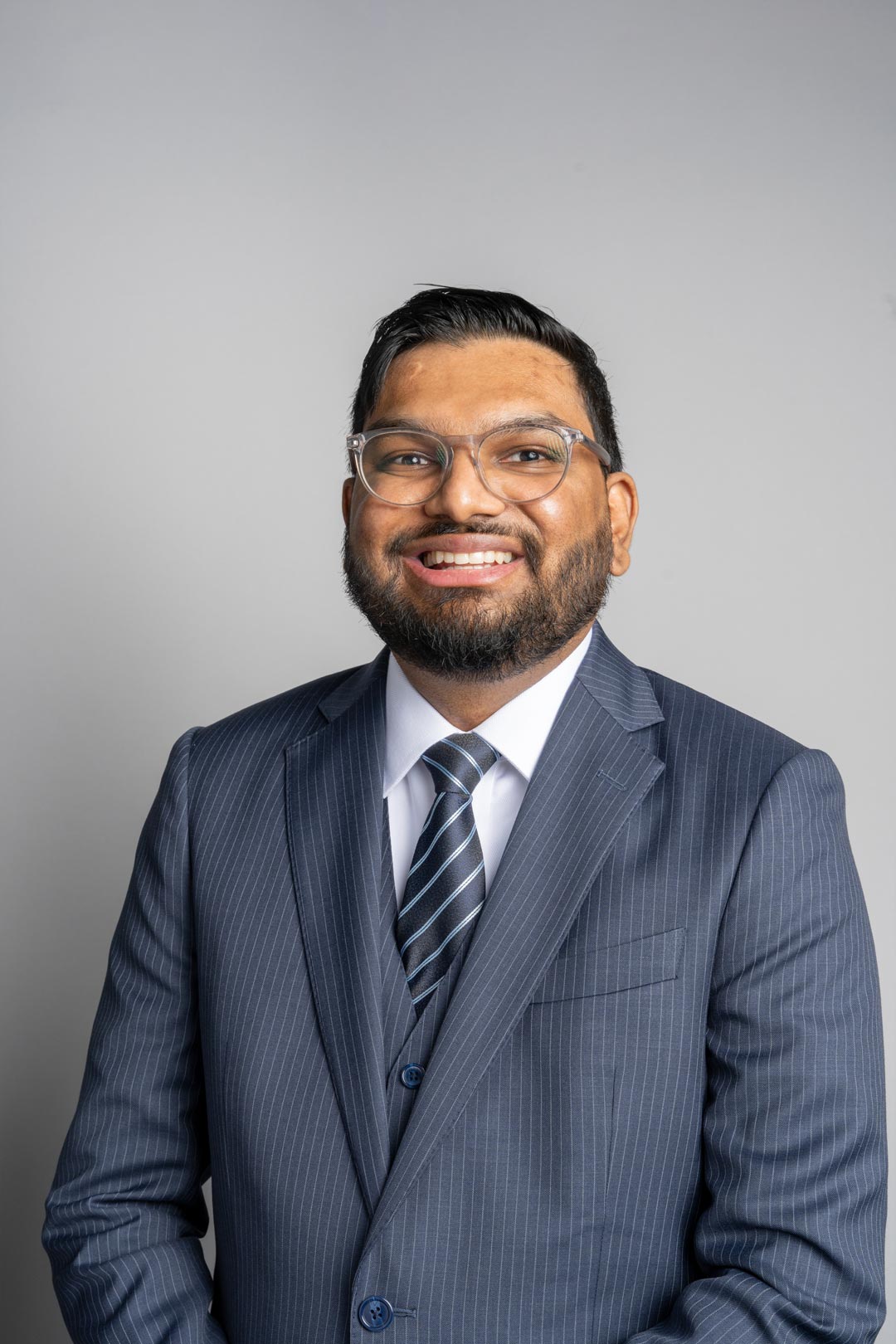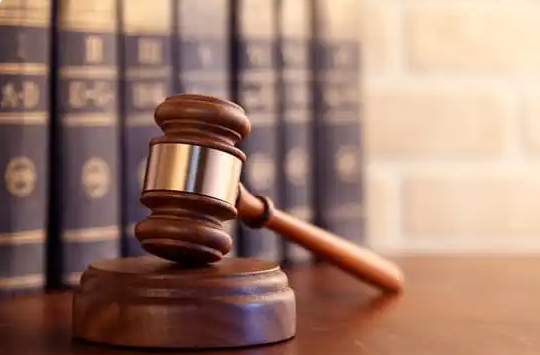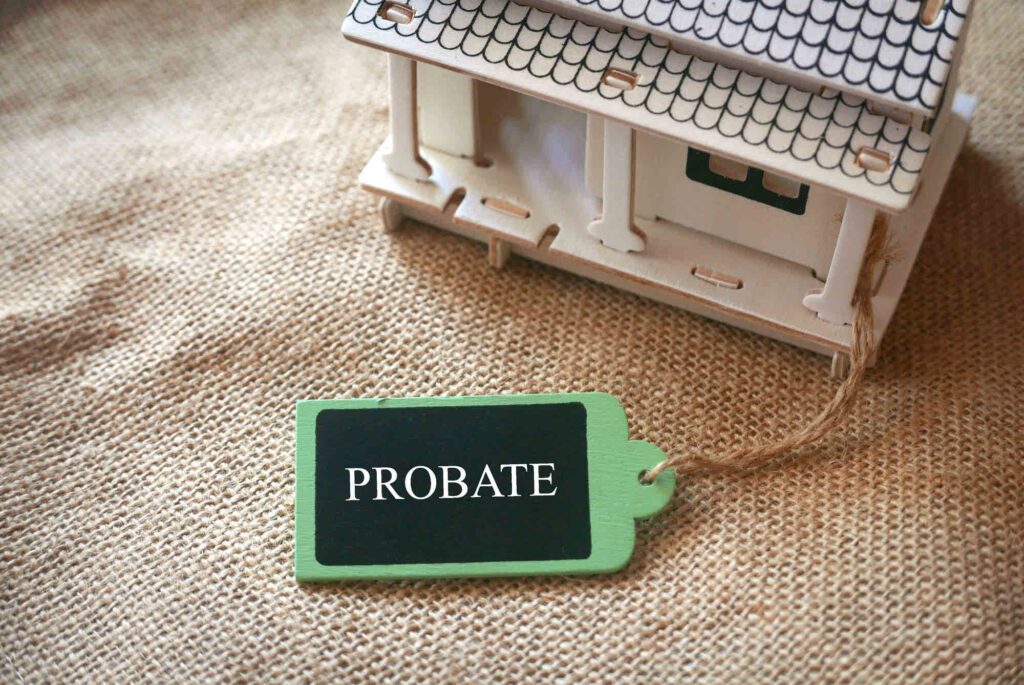When a person passes away in Victoria, their assets, such as money, property, and possessions, form part of their estate. These assets are distributed according to the deceased’s Will, or, if no Will exists, under the laws of intestacy. However, complications may arise when beneficiaries cannot be located or fail to claim their entitlements. In Victoria, there are specific legal processes to manage unclaimed assets.
Step 1: Executor’s Duty to Distribute the Estate
The executor named in the Will (or an administrator if there is no Will) is responsible for identifying and contacting beneficiaries and distributing the estate. This includes locating beneficiaries, even if they are overseas or estranged.
If a beneficiary cannot be located or fails to respond, the executor must document all reasonable efforts to contact them, which may include:
- Sending correspondence to last known addresses.
- Publishing public notices (e.g., in newspapers).
- Engaging a tracing agent or private investigator.
Executors must maintain detailed records of all attempts to contact beneficiaries and may need to seek legal advice or court directions if significant assets are involved.
Step 2: Holding the Unclaimed Assets in Trust
If a beneficiary cannot be found or refuses to claim their inheritance, the executor may hold the unclaimed assets in trust for that beneficiary. Executors are generally required to retain unclaimed entitlements for up to six years. During this time, the executor must act prudently to preserve the value of the assets.
Common Scenarios:
- A beneficiary is overseas and cannot be contacted;
- A minor beneficiary cannot yet legally inherit their entitlement; or
- A beneficiary deliberately refuses their inheritance (this is rare but possible).
Step 3: Unclaimed Money and the State Revenue Office (SRO)
If money remains unclaimed after a reasonable period, particularly after six years, it may be classified as unclaimed money under the Unclaimed Money Act 2008 (VIC). In such cases, the executor or legal representative may be required to lodge these funds with the State Revenue Office (SRO) Victoria.
What is Unclaimed Money?
Unclaimed money refers to monetary entitlements (not physical assets) that have not been collected by the rightful owner.
Once reported to the SRO:
- The funds are held in trust by the state.
- The rightful beneficiary can apply to claim the money at any time by providing proof of identity and entitlement.
- Interest may accrue depending on the type of funds and the duration they are held.
To search or claim unclaimed money, visit: sro.vic.gov.au/unclaimedmoney
Step 4: Property and Other Assets
Unlike money, physical assets such as property, vehicles, or valuables are not directly handled by the SRO. If these remain unclaimed, the executor may:
- Sell the assets and hold the proceeds in trust for the beneficiary.
- Redistribute the assets to other beneficiaries if the Will contains a residuary clause.
- Deal with the assets under the Administration and Probate Act 1958 (VIC) if there is no valid Will or no direction in the Will.
If no eligible beneficiaries are found, the estate may ultimately pass to the State of Victoria as bona vacantia, property without a legal owner.
Step 5: Final Distribution and Estate Closure
Before finalising the estate, the executor must ensure all liabilities are paid and that reasonable efforts have been made to locate missing beneficiaries. If a beneficiary never comes forward, the funds may remain with the SRO or be distributed according to the Will or intestacy rules.
It is important that the executor:
- Keeps detailed records of all communication attempts
- Seeks legal advice if there is significant value involved
- Applies to the court for directions if needed (especially if funds are to be redistributed)
Can a Beneficiary Claim Their Entitlement Later?
Yes. Even if funds have been transferred to the SRO, the rightful beneficiary can submit a claim at any time by providing proof of their identity and entitlement.
Final Thoughts
Unclaimed assets in an estate can create legal and ethical complexities for executors and families. If you’re an executor and unsure how to handle missing beneficiaries or unclaimed assets, it’s wise to seek legal advice early. Likewise, if you believe you’re a beneficiary of an estate and haven’t received your inheritance, you can search for unclaimed money online or contact the executor to discuss your entitlement.
The information provided in this article is general advice only. Given that each situation is unique, we recommend that you contact our experienced team of wills and estate lawyers for guidance. Our team can be contacted on (03) 9311 8911.





